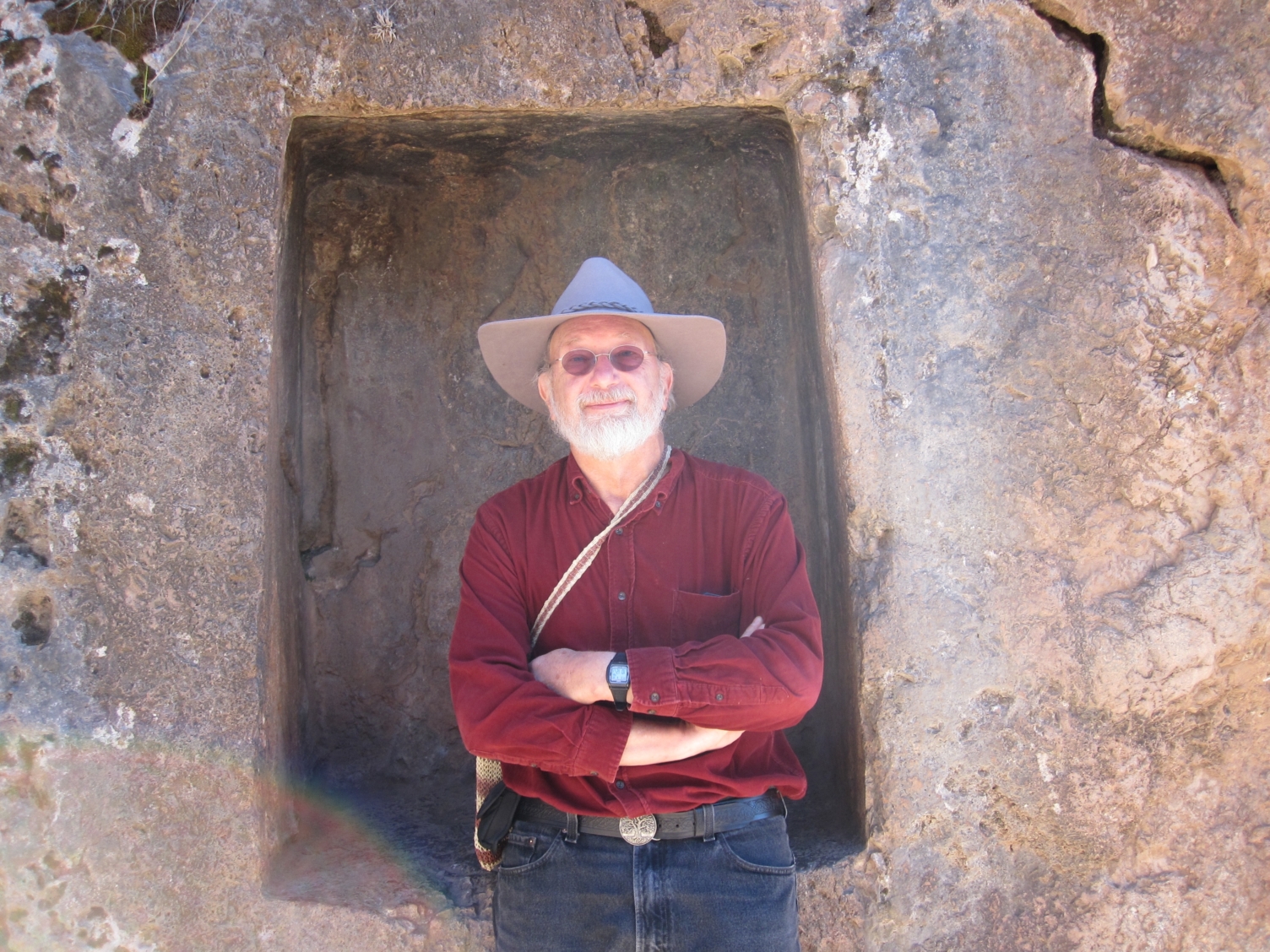
Adventures in Ayahuasca & Psychedelic Medicine with Dennis McKenna – #329
What You Will Hear (note: timestamps represent audio, video may differ)
- 0:00 – Cool Fact of the Day
- 1:25 – Earth Runners
- 4:30 – Introducing Dennis McKenna
- 6:30 – Becoming a psychopharmacologist
- 12:20 – Aquiring DMT in the 60s & guidelines to psychedelics
- 16:17 – Psychedelic conspiracy theories
- 19:20 – Dennis’ trip to La Chorrera
- 29:40 – Are these plants channeling an intelligence?
- 37:16 – Using psychedelics therapeutically rather than recreationally
- 45:30 – Rescheduling MDMA & psilocybin, & medical tourism
- 53:50 – An Earth intelligence
- 56:27 – Microdosing & regularly using psychedelics
- 1:07:08– Top 3 Recommendations to kick more ass and be Bulletproof!
Featured
Earth Runners – Coupon code: Bulletproof10
The Brotherhood of the Screaming Abyss
Resources
International Academy of Consciousness
MAPS – Multidisciplinary Association for Psychedelic Studies
Bulletproof
Questions for the podcast?
Leave your questions and responses in the comments section below. If you want your question to be featured on the next Q&A episode, submit it using our Podcast Voicemail! You can also ask your questions and engage with other listeners through The Bulletproof Forum, Twitter, and Facebook!
Subscribe To The Human Upgrade
In this Episode of The Human Upgrade™...
BOOKS
4X NEW YORK TIMES
BEST-SELLING SCIENCE AUTHOR
AVAILABLE NOW
Smarter
Not Harder
Smarter Not Harder: The Biohacker’s Guide to Getting the Body and Mind You Want is about helping you to become the best version of yourself by embracing laziness while increasing your energy and optimizing your biology.
If you want to lose weight, increase your energy, or sharpen your mind, there are shelves of books offering myriad styles of advice. If you want to build up your strength and cardio fitness, there are plenty of gyms and trainers ready to offer you their guidance. What all of these resources have in common is they offer you a bad deal: a lot of effort for a little payoff. Dave Asprey has found a better way.








